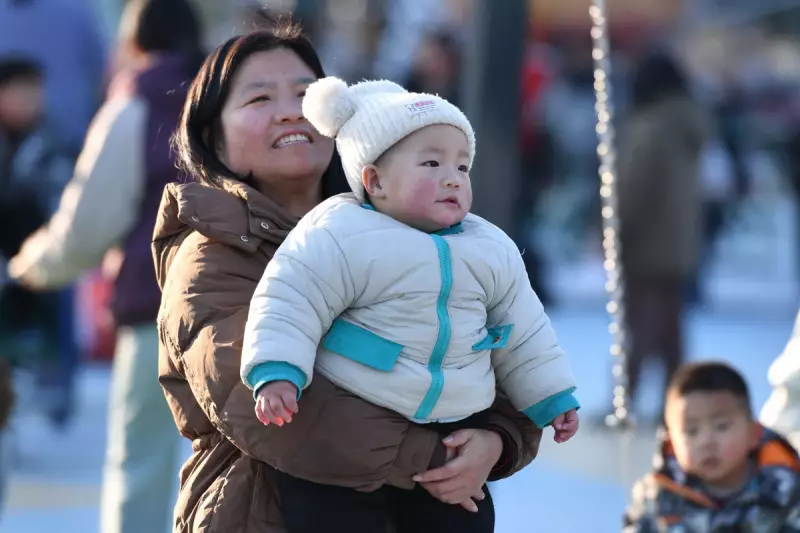
China is rolling out a new initiative to tackle its declining birth rate by offering cash incentives to couples who have more children. The move comes as the country grapples with a shrinking workforce and an ageing population, raising concerns about long-term economic stability.
Why Is China Taking This Step?
For decades, China enforced a strict one-child policy to control population growth. However, after scrapping the policy in 2016, birth rates have continued to plummet. The government now faces the opposite problem: too few young people to support an increasingly elderly population.
How Will the Incentives Work?
Local governments across China are experimenting with financial rewards, including direct payments, tax breaks, and subsidised childcare. Some regions are even offering housing assistance to young families. While the exact amounts vary, the message is clear: have more children, and we’ll help foot the bill.
Will It Be Enough?
Experts remain sceptical. Many young Chinese cite high living costs, career pressures, and a lack of work-life balance as reasons for delaying or avoiding parenthood. "Money helps, but it doesn’t solve the deeper cultural and economic barriers," says demographer Li Wei.
As China races against time to reverse its demographic decline, the world watches closely—will cash incentives be the solution, or is a more radical overhaul needed?





